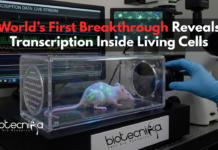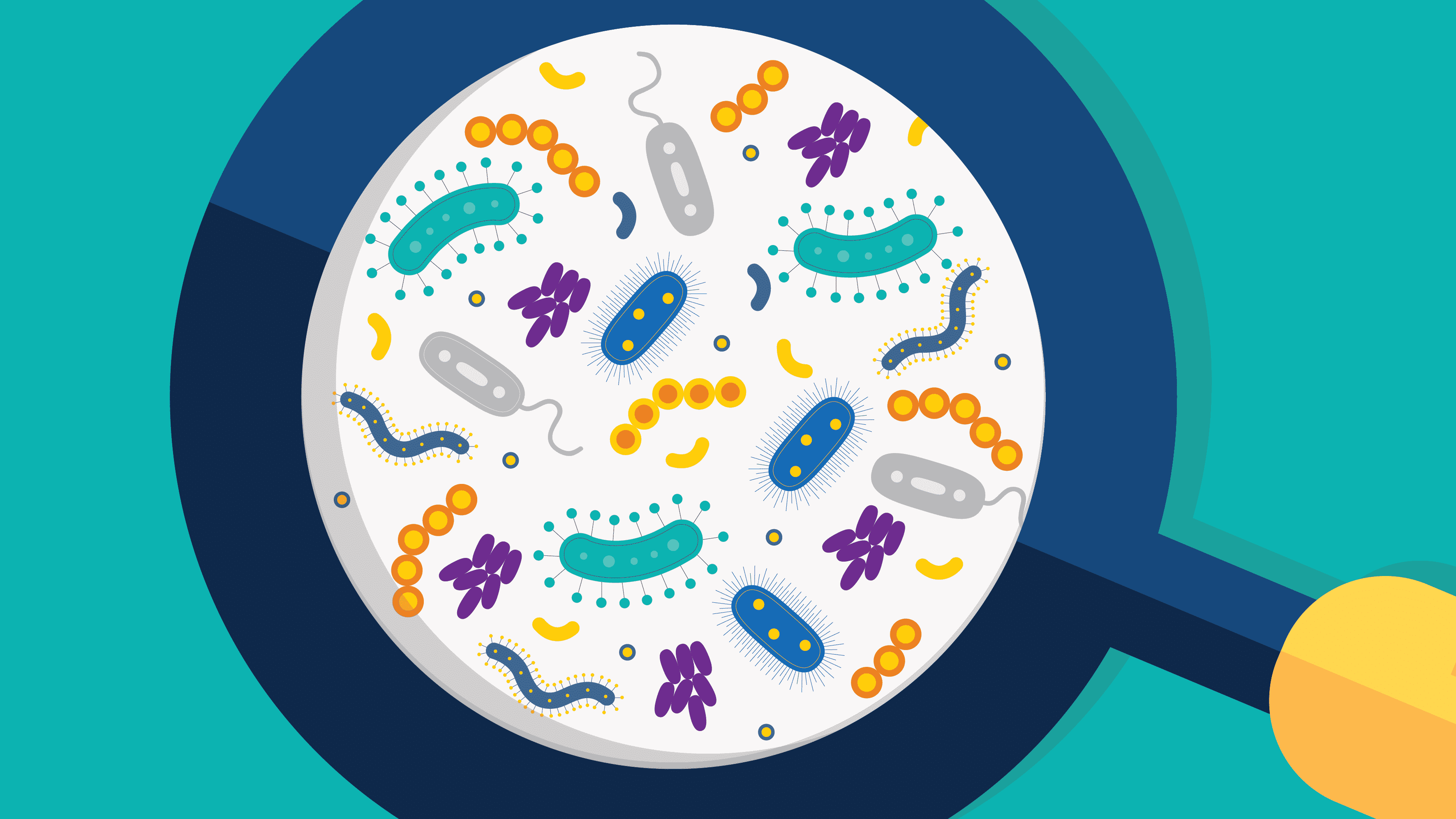Mayo Clinic Unite to Move Monoclonal Microbials into R&D
Evelo Biosciences, a biotech developing therapies with specialized gut microbes is now licensing research from the Mayo Clinic on these microbes’ effects with autoimmune diseases.
The Cambridge, Massachusetts, biotech discovers and produces therapies for a range of disorders from what it calls monoclonal microbials, derived from naturally occurring microbes in the microbiome, communities of beneficial bacteria in the gut.
Monoclonal microbials are single-strain organisms isolated from the normal population of bacteria found in the gut microbiome. The hypothesis behind their use is that some diseases, including inflammatory conditions and cancer, are linked to an imbalance in the microbiome that can be corrected by dosing with the monoclonal microbial species.
The company says it uses computational techniques to identify gut microbes that can activate or infiltrate immune system cells for attacking tumor cells and their supporting microenvironment. Evelo says its monoclonal microbials are also able to induce regulatory T-cells in the immune system to block the actions of proteins associated with inflammation.
It will be working with the Mayo Clinical on therapies for inflammatory diseases, with the first candidate heading for clinical trials next year. As part of the deal, it is licensing rights to R&D conducted by two Mayo Clinic researchers—Joseph Murray, M.D., and Veena Taneja, Ph.D.—which has shown that oral administration of monoclonal microbials can suppress multiple sclerosis and rheumatoid arthritis in animal models.
In a paper published in November 2016, Taneja, Murray, and colleagues reported the effects of Prevotella histicola, a bacterium native to the human gut considered beneficial to the immune system. The Mayo Clinic team induced human rheumatoid arthritis in lab mice, with the animals randomly assigned to receive P. histicola bacteria as treatment, with others left untreated for comparison.
The results show mice receiving the bacteria experienced less arthritic inflammation and less severe inflammation than the untreated mice. The reduced inflammation was traced to reduced autoimmune activity in the treated mice, including generation of regulatory T-cells that often fail to respond to autoimmune conditions. And while the authors say the introduction of P. histicola bacteria generated an immune response, the basic or innate immune system in the treated mice remained unaffected.
According to Andrea Itano, Ph.D., Evelo’s senior vice president, immuno-inflammatory diseases, the new partnership is a key element in its plans to bring these treatments to patients. “This groundbreaking research validates Evelo’s central thesis that orally delivered monoclonal microbials can profoundly impact the biologies that underpin devastating diseases across inflammation and oncology,” she said.
























